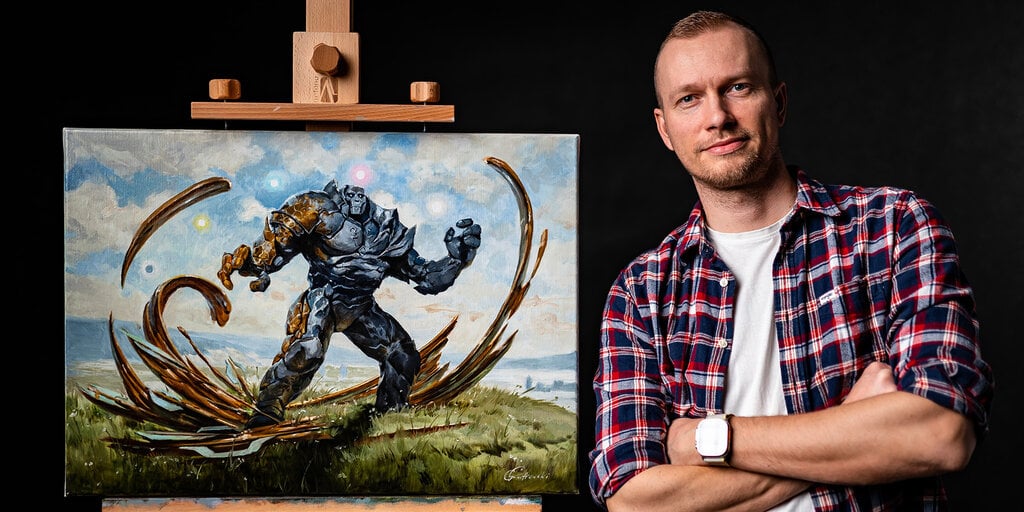Greg Rutkowski, a digital artist known for his surreal style, opposes AI art but his name and style have been frequently used by AI art generators without his consent. In response, Stable Diffusion removed his work from their dataset in version 2.0. However, the community has now created a tool to emulate Rutkowski’s style against his wishes using a LoRA model. While some argue this is unethical, others justify it since Rutkowski’s art has already been widely used in Stable Diffusion 1.5. The debate highlights the blurry line between innovation and infringement in the emerging field of AI art.



For disclosure I am a former member of the American Photographic Artists/Advertising Photographers of America, and I have works registered at the United States Copyright Office.
When we put works in our online portfolio, send mailers or physical copies of our portfolios we’re doing it as promotional works. There is no usage license attached to it. If loaded into memory for personal viewing, that’s fine since its not a commercial application nor violating the intent of that specific release: viewing for promotion.
Let’s break down your example to help you understand what is actually going on. When we upload our works to third party galleries there is often a clause in the terms of service which states the artist uploading to the site grants a usage license for distribution and displaying of the image. Let’s look at Section 17 of ArtStation’s Terms of Service:
This is in conjunction with Section 16’s opening line:
So when I click your link, I’m not engaging in a copyright violation. I’m making use of ArtStation’s/Epic’s license to distribute the original artist’s works. When I save images from ArtStation that license does not transfer to me. Meaning if I were to repurpose that work it could be a copyright violation depending on the usage the artist agrees to. Established law states that I hold onto the rights of my work and any usage depends on what I explicitly state and agree to; emphasis on explicitly because the law will respect my terms and compensation first, and your intentions second. For example, if a magazine uses my images for several months without a license, I can document the usage time frame, send them an invoice, and begin negotiating because their legal team will realize that without a license they have no footing.
I know this seems strange given how the internet freely transformed works for decades without repercussions. But as you know from sites like YouTube copyright holders are not a fan of people repurposing their works without a mutually agreed upon terms in the form of a license. If you remember the old show Mystery Science Theater 3000, they operated in the proper form: get license, transform work, commercialize. In the case of ArtStation, the site agrees to provide free hosting in compensation for the artist providing a license to distribute the work without terms for monetization unless agreed upon through ArtStation’s marketplace. At every step, the artist’s rights to their work is respected and compensated when the law is applied.
If all this makes sense and we look back at AI art, well…
Training an AI doesn’t “repurpose” that work, though. The AI learns concepts from it and then the work is discarded. No copyrighted part of the work remains in the AI’s model. All that verbiage doesn’t really apply to what’s being done with the images when an AI trains on them, they are no longer being “used” for anything at all after training is done. Just like when a human artist looks at some reference images and then creates his own original work based on what he’s learned from them.